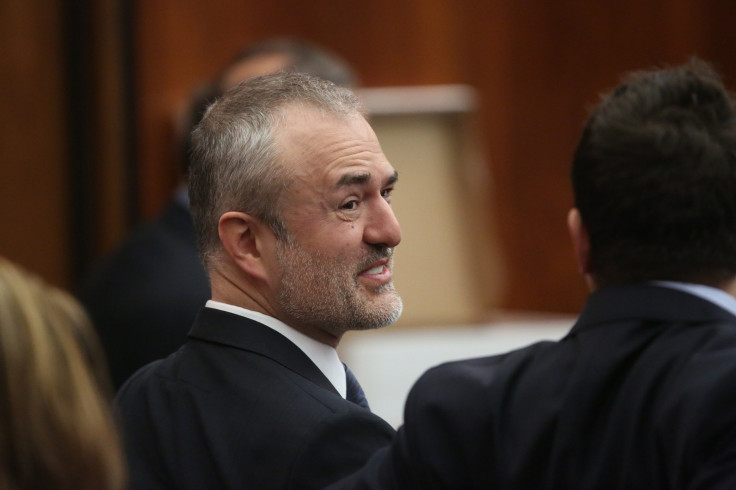Gawker’s Union Wants To Protect Jobs From Peter Thiel’s Legal Vendetta

After the wave of recent organizing drives in new media, the content makers of today finally have access to a bit of union muscle. So it’s only reasonable that their battle with the tech barons of the new Gilded Age has already kicked off.
After a blockbuster report this week that PayPal founder and mega-investor Peter Thiel has secretly financed major lawsuits against Gawker out of revenge for a 2007 post outing him as gay, the Writers Guild of America, East, which represents Gawker, put out a call to arms.
“Plutocrats already have outsized power in this country, and we cannot allow them to use their vast fortunes to silence media companies,” the WGAE said. “We call upon Peter Thiel to reveal all of the lawsuits he has funded.”
The statement earned some raised fists of solidarity from fellow unionized employees at the Huffington Post and Salon.
But beyond the rhetoric, what can the guild do? Thiel makes no attempt to deny he wants to destroy the jobs of scores of people in media. Those are union jobs and therefore the WGAE's responsibility. How can it protect these workers?
Lowell Peterson, executive director of the WGAE, told International Business Times he hopes public outcry from the guild and others will give Thiel pause before he or his fellow travelers try this kind of thing again.
“One of the goals of unionizing is to enhance the power of the writers, editors and producers who create the content distributed by digital media companies,” he said. “In a sense there has always been tension between media investors (including those who built or bought newspapers and broadcast companies) and journalists.”
“Those who own the presses (now perhaps these are "virtual presses") have long had outsized influence on what gets published,” Peterson added. “I agree we all need to be vigilant. In our negotiations we have bargained for provisions to protect editorial independence.”
Hamilton Nolan, a Gawker editor and an original agitator for its union, said the unions are only one piece of the resilience necessary to protect journalism from the power of the superwealthy.
“There is no magic wand the union or anyone else can wave to stop a billionaire from holding a deranged grudge,” he told IBT. “The statement from the WGAE is one voice in a whole chorus of voices of people and institutions who understand the value of the media who are speaking up about this guy's wanton campaign of destruction against our ability to do our jobs. (And our ability to have jobs in the first place.)”
“I can't speak for all of Gawker or the WGAE, but I think it's pretty clear that the outsized power of a tiny handful of tech companies over the media in the U.S. and abroad could pose some very significant dangers to free speech,” Nolan said. “It's too early to say for sure how that issue will shake out, but we should all be concerned about the amount of power that billionaires wield today over the rest of us.”
The entire episode has revealed the risks of relying on the billionaire class to “save journalism.”
“What the tech industry folks bring to the media is an emphasis on interaction and rapid adaptation to what readers and audience want, and this has certainly affected how news is reported and how stories are told,” Peterson said. “Often for the good, sometimes not.”
© Copyright IBTimes 2025. All rights reserved.






















